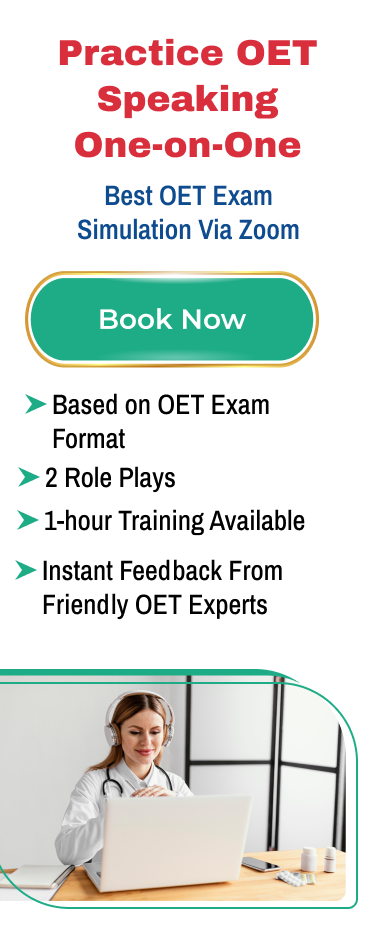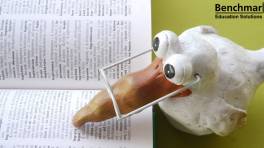Avoid these Negative Words in OET Speaking Sub-test


Not everyone is a trained medical professional. You, however, are expected to demonstrate your ability as one. This includes language ability. Does this mean that you can use medical terms all the time to show how knowledgeable you are? Well, the answer is yes and no. Let’s unpack this answer for a minute.
As a trained medical professional, you are expected to use language befitting that of your training. Other medical professionals expect this of you and they also expect you to understand them when they do the same. So, yes, you definitely need to learn all the terms and how to use them.
However, don’t forget that you will not only communicate with other trained medical professionals only. Half the time, you will be dealing with your patients or their relatives. When you communicate with those who are not trained in the same field as yourself, you will need to modify your language in order to get your message across.
This is especially so in the OET Speaking sub-test where you will most likely be doing a role play where you are the medical professional speaking to someone (usually a patient or the patient’s relative) who does not have a medical background. You will need to modify your language to ensure that the patient can understand what you are trying to say.
[contact-form-7 id=”4672″ title=”OET Listening”]
The following table shows some examples which you may find useful.
| When telling another doctor or nurse something about a patient | When saying the same thing to the patient |
|---|---|
| The urine test came back positive for UTI. | Your urine test results show that you have urinary tract infection. Technique used: avoiding the word ‘positive’ which can be construed wrongly by the patient because most people think that anything ‘positive’ is a good thing but in this case, it is not |
| The lump was tested as benign. | We have run some tests and the results have shown that it was non-cancerous or what we call ‘benign’ in medical terms. Technique used: explaining the word to the patient because otherwise, the patient may ask, “So, do I have cancer or not?” |
| We need to test his little finger abduction. | We need to test if you can move your little finger away from the other fingers comfortably. Technique used: avoiding the word ‘abduction’ which is often associated with ‘kidnapping’ and this may confuse the patient if he thinks that someone wants to kidnap his little finger! |
| The patient’s LDL levels are slightly elevated. | This means that your bad cholesterol level (what we call LDL) is a little bit high. Technique used: explaining what LDL is using a common term (bad cholesterol) and simplifying the word ‘elevated’ |
So the next time you practice your OET Speaking, think about how your audience hearing your message will take it. If you keep this in mind, you should be on the right track to not only passing your OET, but also becoming a valuable member of the medical community.













Please I want to have tutor for OET
Thank you
This OET Course should help